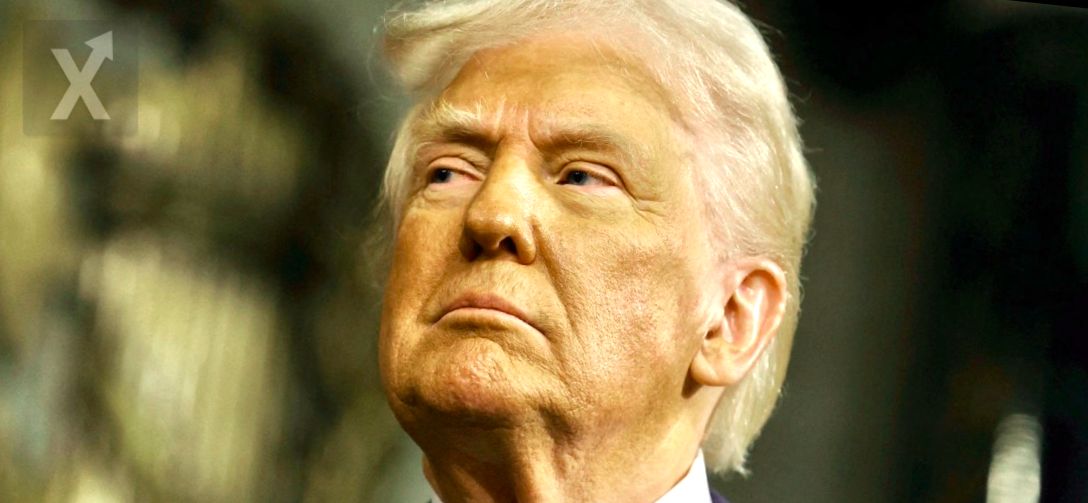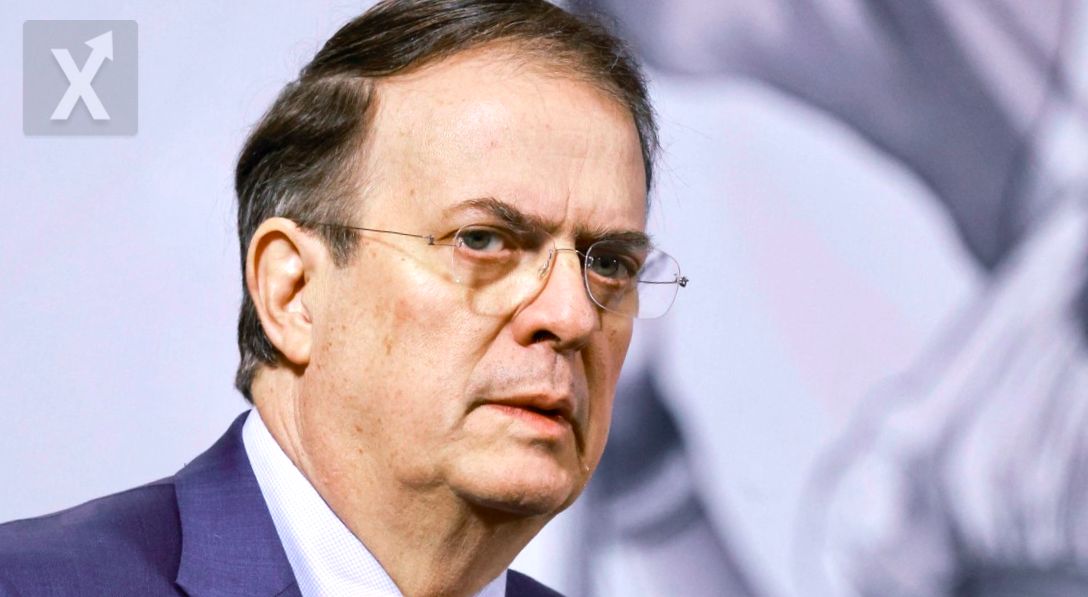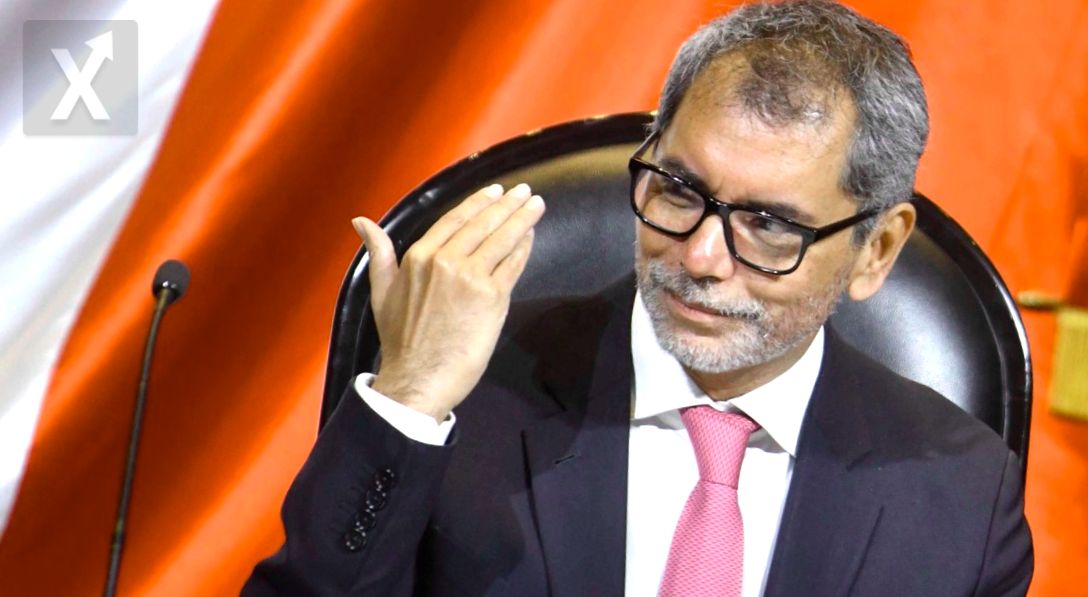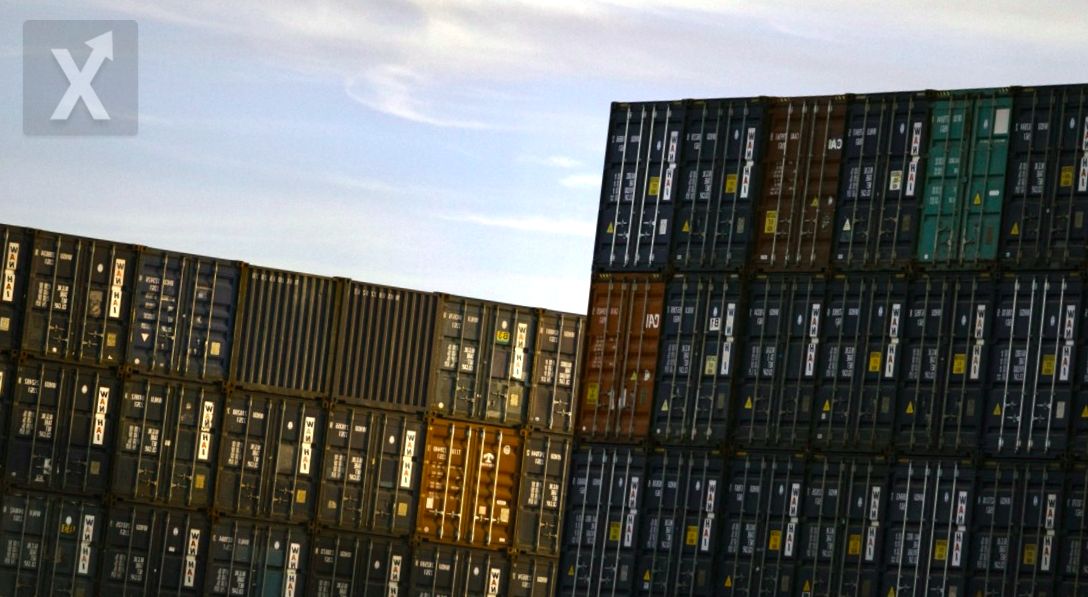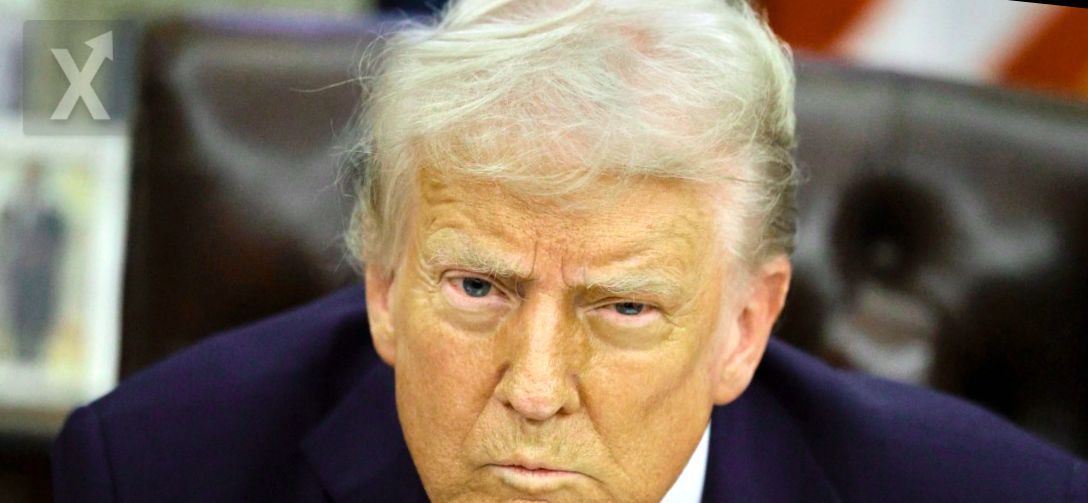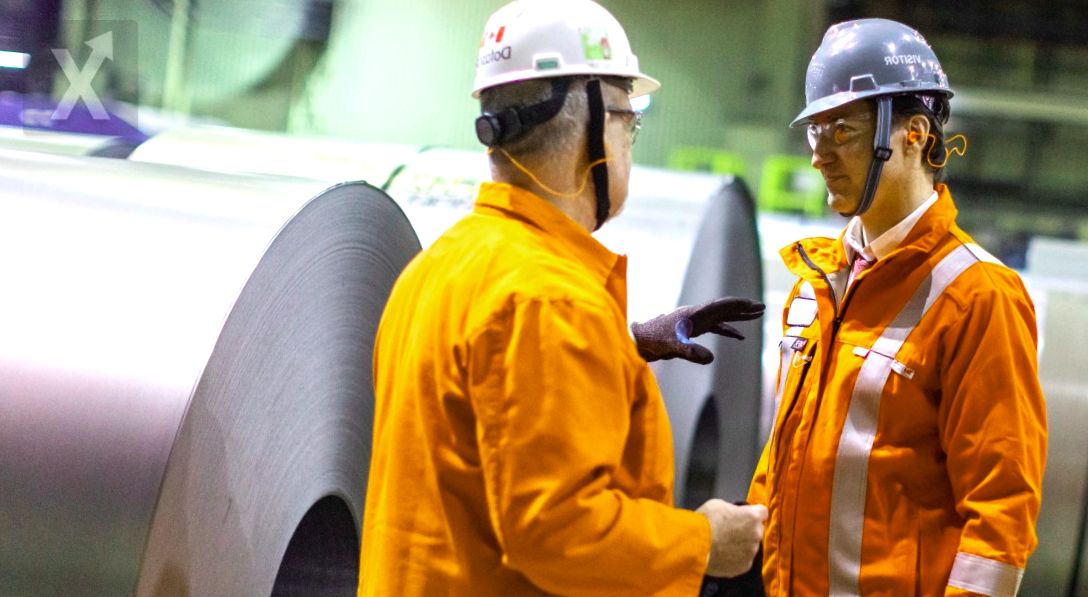Trump's Methods for Attracting Investments Compared to Mexico
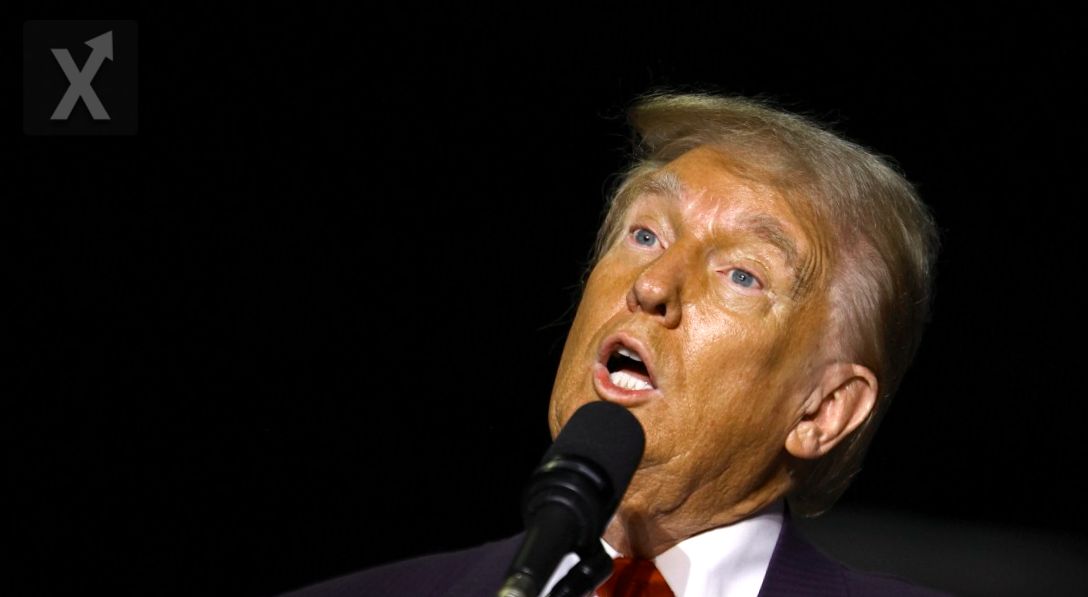
In addition to imposing tariffs of up to 200% on car imports from Mexico, U.S. presidential candidate Donald Trump has another strategy aimed at keeping production and investment within his country: lowering the corporate tax rate (known as ISR here in Mexico). “If Trump wins, one of his promises is to reduce the corporate tax rate from the current 21%, which had already been lowered from 35%, to 15%; this will create even more distortions between our economies, which could lead us to make necessary adjustments in due time,” warned Víctor Manuel Herrera Espinosa, vice president of the National Committee for Economic Studies of the Mexican Institute of Finance Executives (IMEF).
Since 1993, the corporate tax rate in the United States has remained at 35%, but it was reduced to 21% in 2018, during Donald Trump's presidency. In Mexico, the corporate income tax rate has been at 30% since 2010, when Felipe Calderón was in power. “I think this is more of a territorial issue; Trump promises to lower the corporate tax rate, which is attractive to those with higher incomes, but what truly impacts is inflation since the taxable base increases with costs,” commented Guillermo Mendieta González from Mendieta y Compañía. If Mexico seeks to compete for investments through corporate taxes, it will face a challenge, as a lower tax rate would mean a decrease in public revenue collection. By 2023, this collection accounted for over 35% of all government income, totaling more than 2.5 trillion pesos out of a total of seven trillion. By the end of August, 1.83 trillion pesos had already been collected. A cut in the ISR rate to counter the U.S. poses a risk to Mexico's fiscal health, keeping in mind the goal of reducing the fiscal deficit from 6% to 3.5% of GDP by 2025, as laid out by President Claudia Sheinbaum, while the Ministry of Finance and Public Credit (SHCP) prepares its next economic package proposal for discussion in Congress before November 15. Last Monday, the president of the Confederation of Industrial Chambers (Concamin), Alejandro Malagón, expressed concerns from the sector regarding the government's goal to reduce the fiscal deficit; “we are worried that this may lead to a decrease in public investment in infrastructure,” which is essential for boosting private investment. While Mexico has a higher tax rate than the United States, it can attract investments due to lower labor and energy costs; however, it faces the challenge of both physical and legal insecurity, Mendieta pointed out. He clarified that this is a matter of competitiveness to activate investment with security and provide clear conditions to foreign investors; “if these conditions are not present, there will be no investment coming in, and therefore, no revenue to collect.”
This analysis highlights the complexity of the economic and fiscal environment. Attracting investments depends not only on tax rates but also on a solid regulatory framework and appropriate security conditions. A country's competitiveness on the global stage requires a balance between fair taxes and robust infrastructure that encourages both foreign and local investment. Thus, decisions regarding taxes not only affect public finances but are crucial for sustained economic development.
